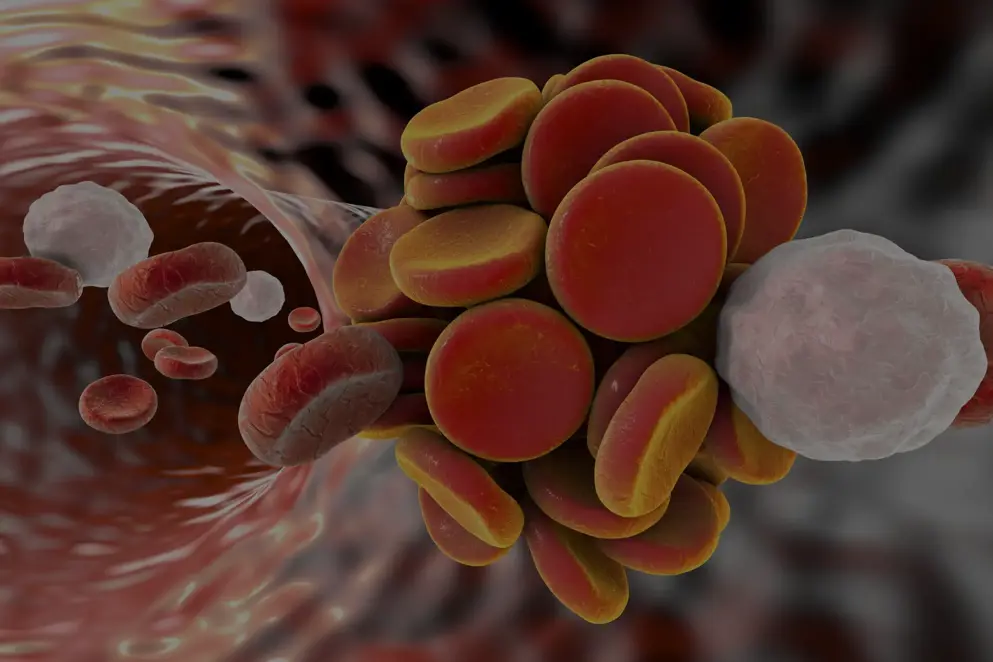
COVID-19
As we progress through the COVID-19 pandemic, research into the pathogenesis of the SARS-CoV-2 virus has revealed a complex range of symptoms associated with the disease. Recently, evidence has been mounting that a significant proportion of patients with severe COVID-19 have coagulation abnormalities. Studies from the Netherlands and France have even suggested that blood clots may arise in as many as 20-30% of critically ill COVID-19 patients (Klok et al., 2020; Poissy et al., 2020).
So why would an infection of the respiratory tract cause blood clots? Could anticoagulants increase COVID-19 survival?
Do anticoagulants increase COVID-19 survival?
Although patients with COVID-19 primarily have a respiratory tract infection, new research is beginning to reveal that patients with severe COVID-19 may have coagulation abnormalities that can cause an increased risk of death (Tang et al, 2020a).
Within the complex interplay of factors present in coagulation, the formation of D-dimer proteins after the fibrinolysis of blood clots has proven to be a powerful predictor of mortality in patients hospitalised with COVID-19 (Zhang et al, 2020). Studies have similarly highlighted a small decrease in platelet count, and a slightly prolonged prothrombin time in patients with COVID-19 and coagulopathy (Guan et al., 2020; Huang et al., 2020).
The incidence of venous thromboembolism is also of particular interest as a significant proportion of patients with severe COVID-19 have venous and arterial thromboembolic complications (Tang et al., 2020b; Middeldorp et al., 2020)
Because of this, recent recommendations by the International Society of Thrombosis and Haemostasis (ISTH) advise the monitoring coagulation markers and using anticoagulation treatment with low molecular weight heparin (LMWH) for all patients who require hospital admission for COVID‐19 infection (Thachil et al., 2020). LMWH is widely available as it is common practice to use it as a primary bridging therapy agent.
But is there sufficient evidence to suggest that anticoagulation treatment improves patient outcomes?
of interest
are looking at
saved
next event
Job number: KCT16-01-0010
Developed by EPG Health for Medthority in collaboration with CSL Behring, with content provided by CSL Behring.
Not intended for Healthcare Professionals outside Europe.

